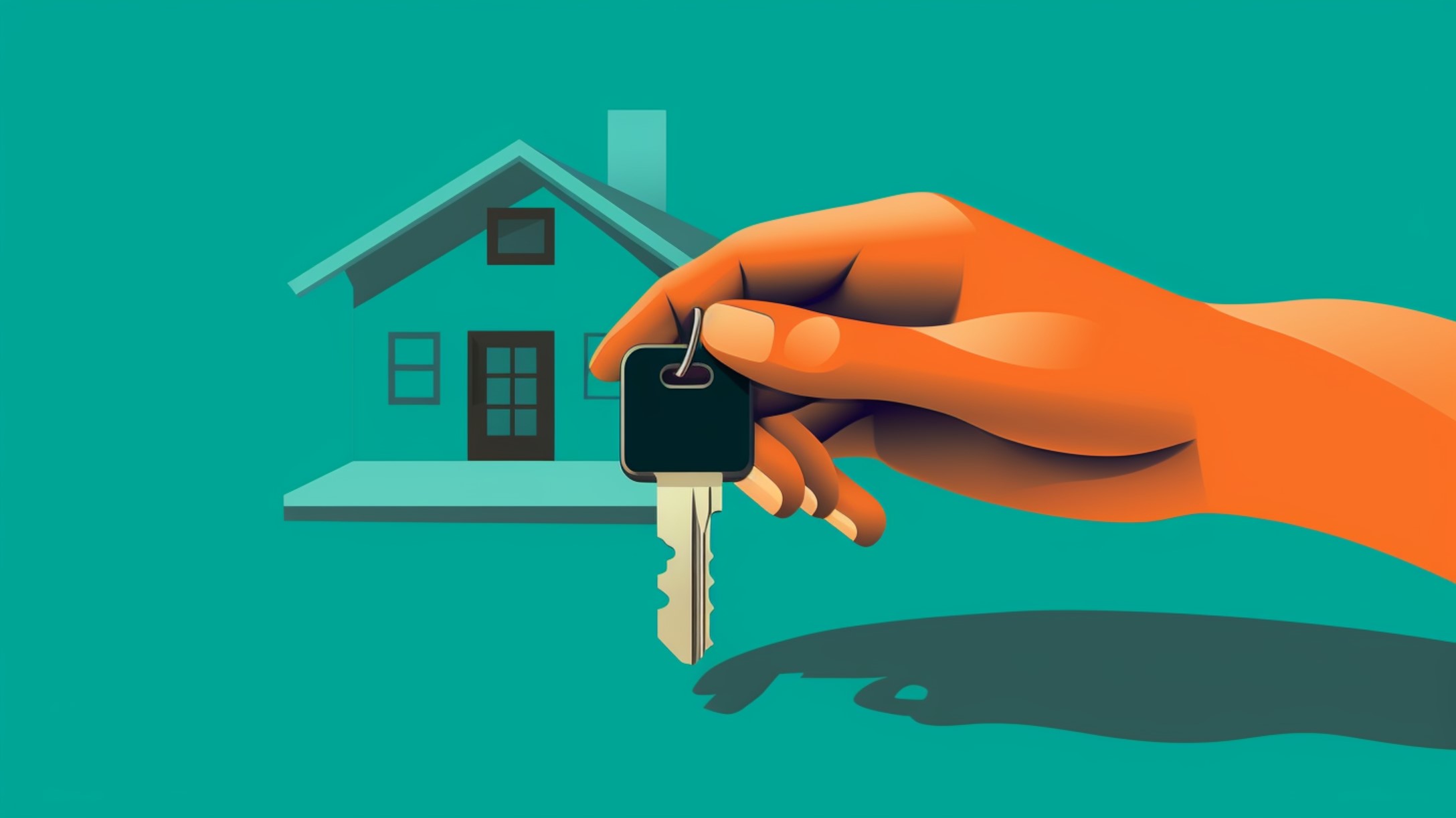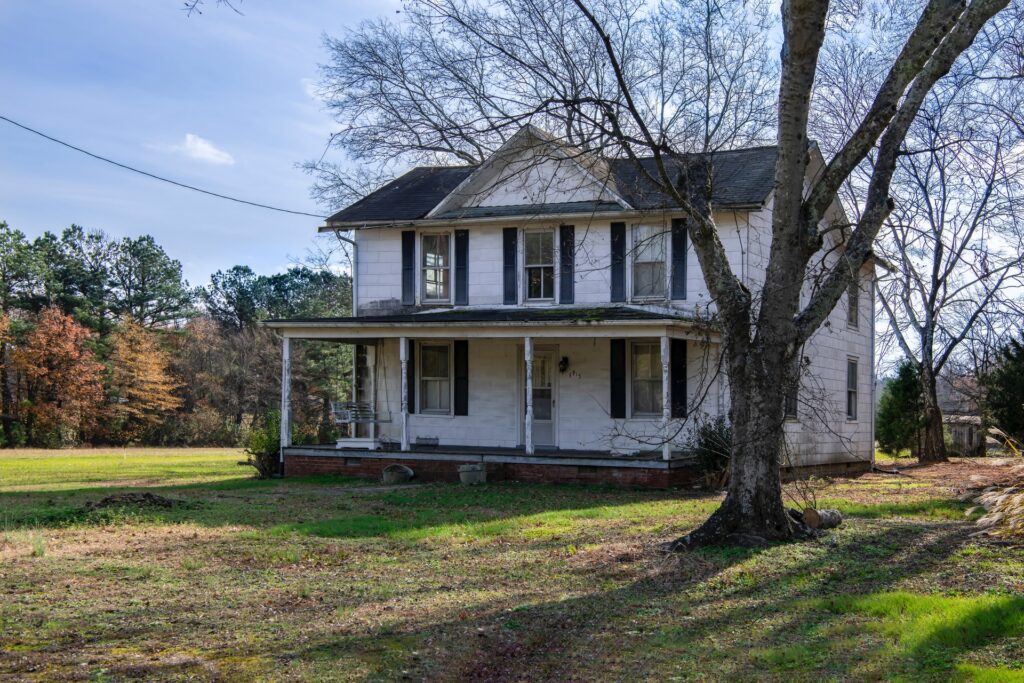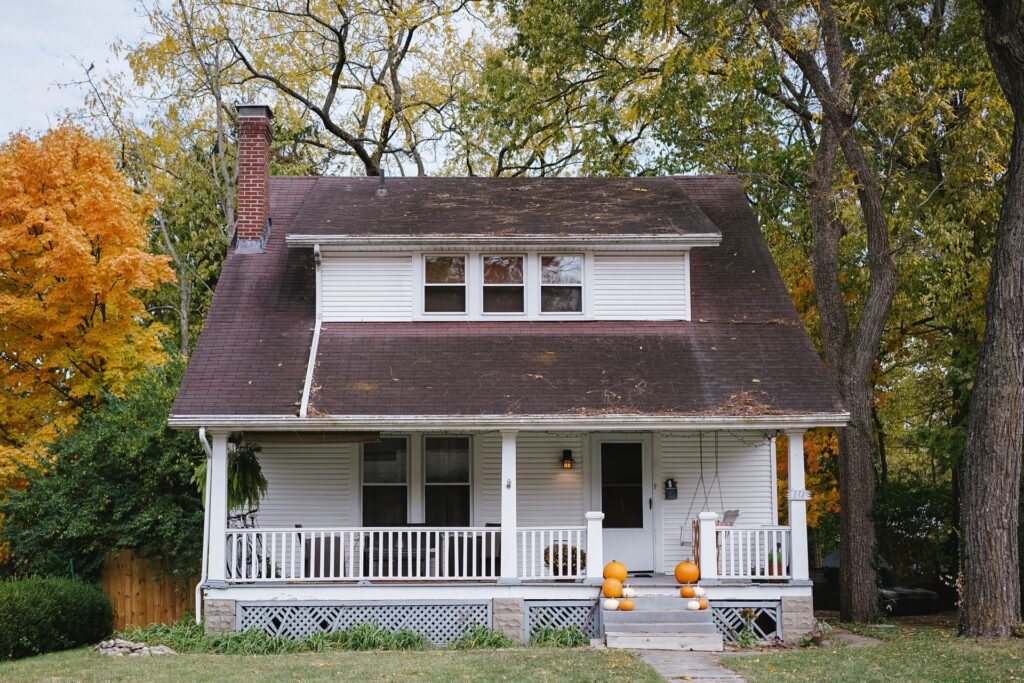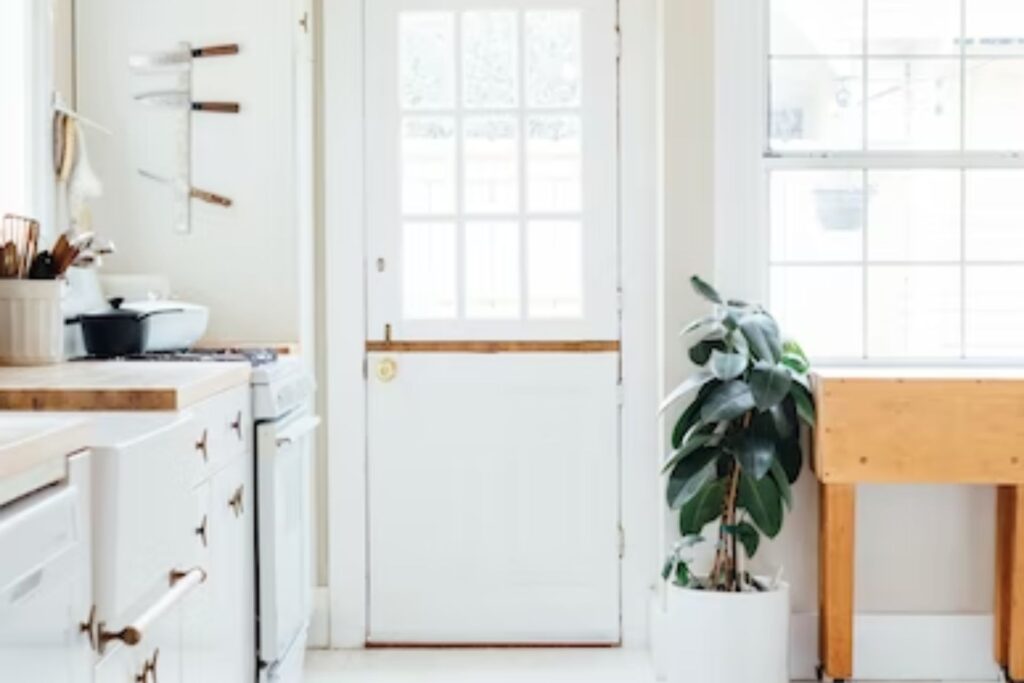
We are reader-supported. When you buy through links on our site, we may earn an affiliate commission.
Being a homeowner is the dream of many Americans. What’s more, the younger you have achieved this goal, the more impressive it is. One question that pops up in real estate topics is the average age to buy a house. With inflation, uncertain economic conditions and other financial challenges, is it financially sound to buy a house at a young age or is renting more practical? Learn more about at what age Americans choose to purchase a home and the factors they consider.
Overview of Homeownership in America
According to recent data, roughly 65.8% of Americans own a home, while the rest rent. While homeownership is the end goal of many working employees, it’s often put on hold due to the lack of funds for downpayment, high mortgage rates and other factors. Many choose to rent as it’s practical and advantageous in many ways.
Recent data revealed homeownership is not a priority for many millennials and Gen Zs, even if many in these generations are high-earners. There’s been an 82% astounding increase in the rate of renters between 2015 and 2020 among people earning over $150,000.
Even if they can afford it, most younger people choose to rent due to the skyrocketing property prices that make homeownership fall out of priority. In addition, the number of renters earning more than $1 million has hit a record high of 3,381 in 2020, thrice the number in 2015.
Experts assume the reason for this change is the realization that maintaining a home is a financial burden. Expenses continue even after the mortgage is fully paid. Homeowners will need to pay for the repair, home insurance, renovation and property taxes. It may not be a financially logical decision for earning employees.
Factors Influencing Homebuying Decisions
Renting may be more attractive and practical for now, so most younger people postpone buying their dream home. Eventually, they want to have their own house to settle in. Here are common factors holding off homeownership.
1. Financial Stability
While owning a home is the best way to build assets, it may not be an option for millennials who find property rates expensive, don’t have stable careers yet and are burdened with student debts. The costs associated with buying a home, like the down payment that can range from 1% to 10% of the sale price makes homeownership costly right off the bat. Moreover, as 25% of the paycheck going toward housing, they may wait until they receive a bigger salary and afford the monthly mortgage before making the next move.
2. Delayed Marriage
Marriage accelerates homeownership. With three in five Americans putting off marriage to avoid inheriting their partner’s debts, owning a home gets postponed later.
3. Market Conditions
While finance experts predict mortgage rates will cool down between 6%–7% in 2024, many people still hesitate to jump on the homebuying bandwagon. Inflation, geopolitical risks and other economic challenges can shake the real estate industry and trigger a change in the market conditions.
4. Lifestyle Choices
Many younger people have remote work setups. It means a change in their lifestyle. They can now work and travel to expand their experiences. They love the flexibility and freedom of moving between cities or countries, which can be restricted if tied to homeownership responsibilities.
The decision to delay homebuying generally boils down to personal circumstances and preferences. Financial struggles like student debts, a low-paying job and expensive real estate prices stop many Americans from achieving their dream home.
Average Age to Buy a House in America
Based on 2023 data, the average age to buy a house in America is 35 for first-time buyers and 58 for repeat buyers. In 2022, it was 36 years old for first-time buyers and 59 years old for repeat buyers.
The mid-30s are the ideal age for most Americans to own a home. If you start to work right after you graduate from university in your early 20s, you may have saved enough money for a downpayment at age 35 to afford a property. You may also have achieved a senior role at your job, increasing your pay and chances of being approved for a mortgage.
Roughly 60% of property owners cite the desire to own a home of their own as their top reason for the purchase. While owning a home may have been moved to the bottom priority, it’s still an irrevocable goal for many Americans. About 59% of buyers were married couples, proving how settling with a partner can hasten homeownership.
Factors Affecting the Average Age of Homebuying
While owning a home comes down to personal choice, some circumstances influence how sooner or later Americans can become homeowners. Even if everyone wants to have their own property by the mid-30s, it can be pushed back due to these factors.
1. Student Debts
The average federal student loan debt in 2023 is $37,338 per borrower. These students may have finished their university degrees and gotten entry-level jobs. But they spend years in the workplace to pay down what they owe. The average student borrower takes about 20 years to pay off their debts, pushing homeownership down the priority list. With a significant chunk of their paycheck going toward these loans, saving up for downpayment becomes a second or even lower priority.
2. Changing Demographics
Millennials are entering their prime homebuying years, meaning they’re the main target customers for real estate buying. Driven by the boom in technology that prompted many to pursue a digital nomadic lifestyle, these people have unique preferences, ways of living, priorities, and money habits influencing their home shopping decisions. For instance, many millennials delay having a family, making renting a more practical solution than buying a property.
3. Financial Readiness
Buying a home is a major financial decision, so many take their time to save for a downpayment and stabilize their career until they’re fully prepared and feel financially confident to look for their dream home in the market.
Moreover, many also like to avoid buyer’s remorse, a significant concern of 69% of people who bought a home in 2022. Despite having the financial capability, most want to weigh the pros and cons and research their options to avoid falling into this trap of regretting their decision.
4. Good Credit Score
A primary consideration for getting mortgage approval is credit score. For people with outstanding debts, their priority could be building a good credit score to increase their chance of getting a favorable response from the lender. Credit score checks during mortgage application processes, known as hard inquiries, can even lower credit scores by a few points. They may hold off buying a property until they have a favorable credit rating that can withstand the ebb and flow of their score.
5. Market Situations
The real estate market ebbs and flows. Sometimes, conditions are favorable for homebuying, such as low mortgage rates and home prices. Many potential homeowners with sufficient financial resources wait for the best market situations and timing to purchase a property.
Buying a House Requires Many Considerations
While the average age to buy a house is 35, it shouldn’t pressure you to own a property soon, especially if you’re not financially stable. Each person has different preferences and outstanding financial situations, so buying a house in your 40s or 50s is OK. The age benchmark may not apply to everyone.
As purchasing a home is a major financial move and the mortgage is a long-term commitment, it’s essential to take your time when deciding. Do your research, consult real estate professionals about market conditions and work with a financial advisor to assess your overall financial capability. Ultimately, owning a home should make you happy — not financially burdened.










